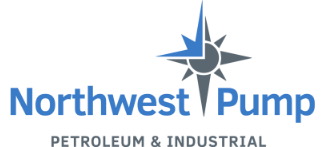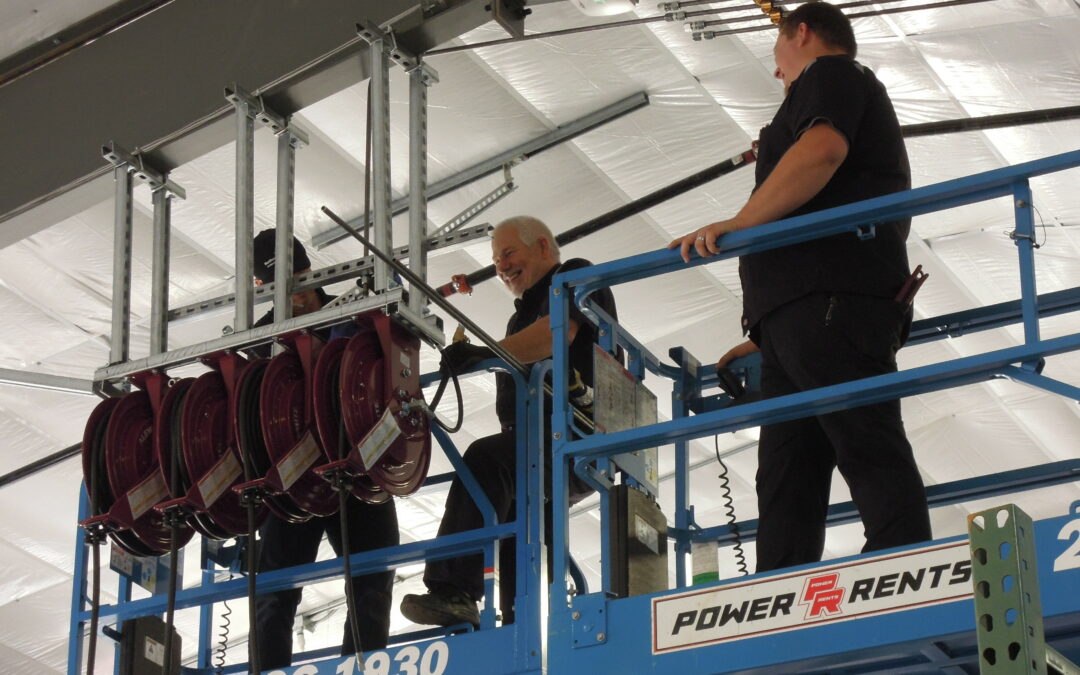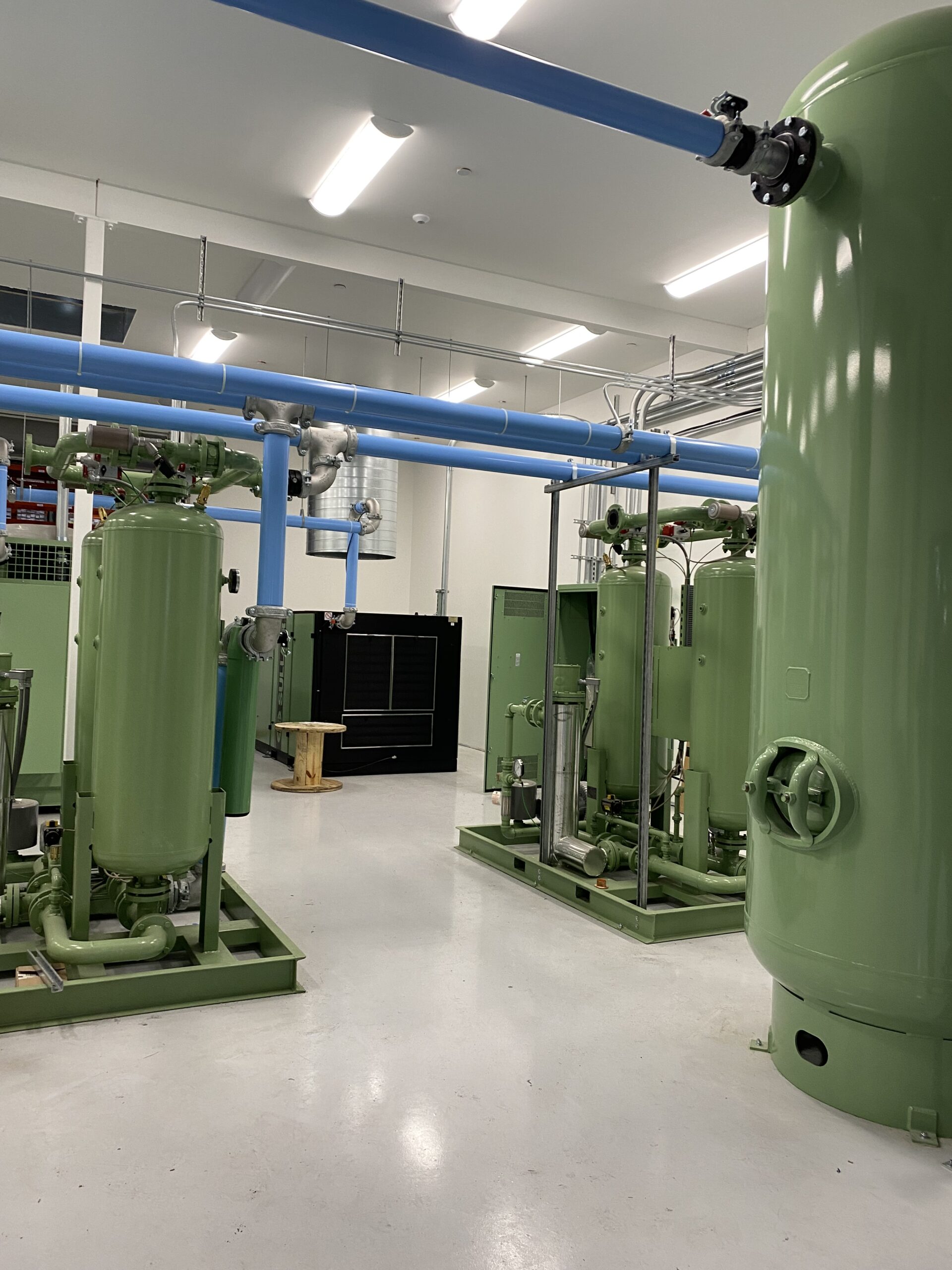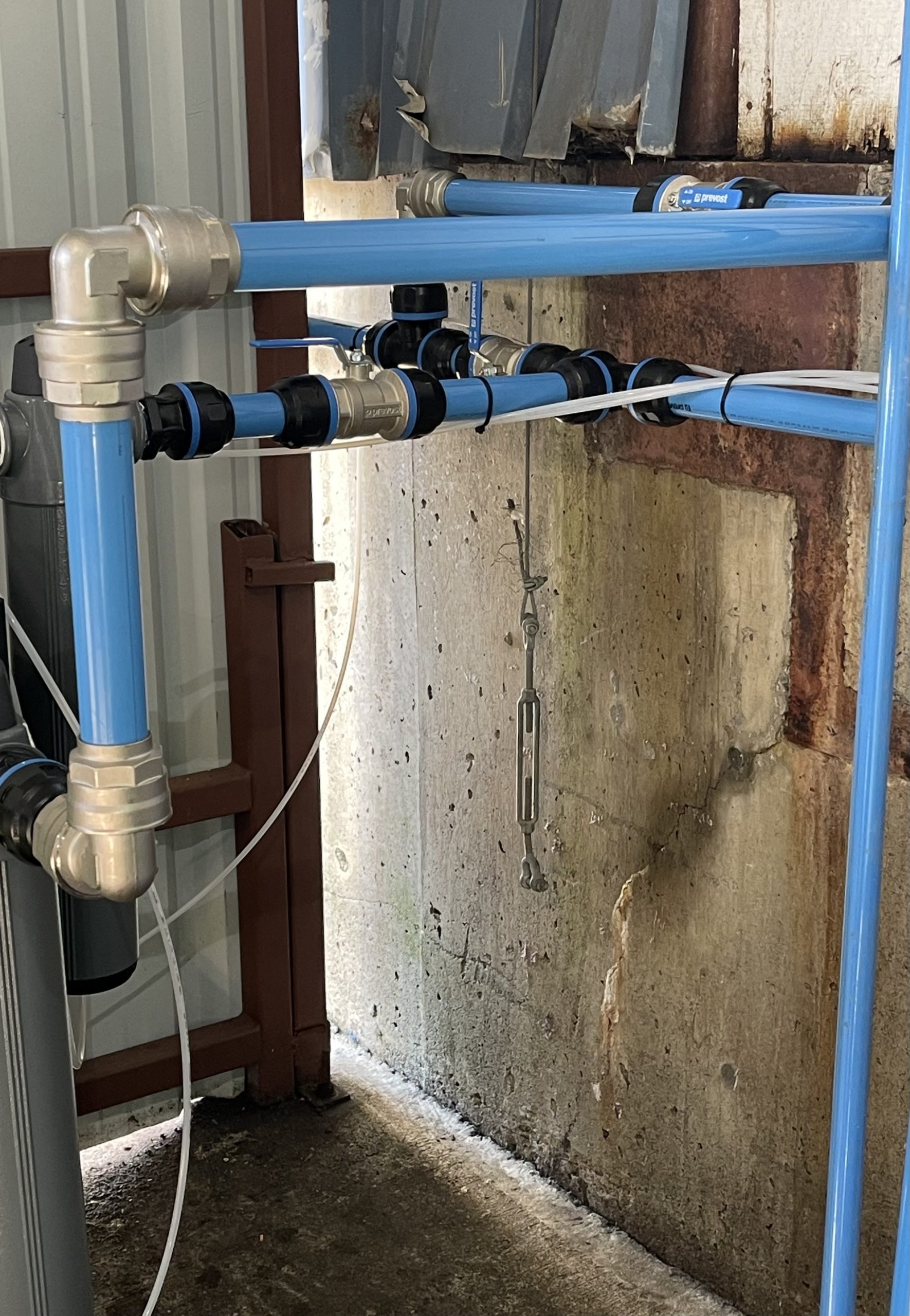The simplest way to waste your compressed air is by ignoring compressed air piping. The wrong air piping equipment connecting your compressor to the rest of your facility can mean thousands of dollars in lost utilities, and even safety hazards- depending on the type of piping used. Common issues with piping include undersized pipes, layout inefficiencies, air leaks, and the material making up the pipe itself. Here are a few factors to consider when looking at your compressed air system’s piping.
Layout Inefficiencies
Inefficient piping layouts are the fastest way to reduce the pressure of compressed air. As the air travels through the piping to its destination, each turn in the pipe will reduce the momentum of the air. Additionally, the farther the air travels from the compressor, the likelihood of this pressure drop increases.
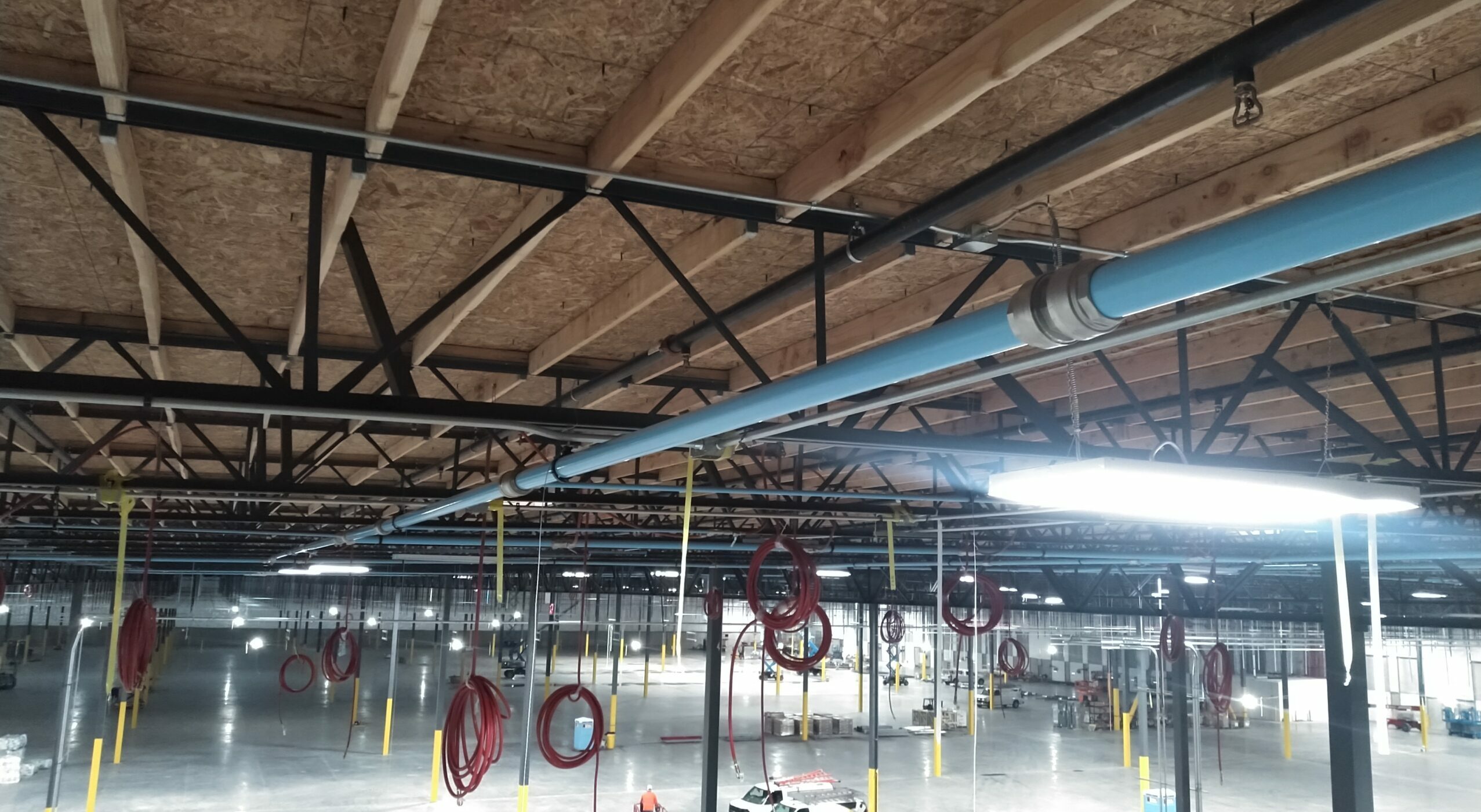
The best solution to this inefficiency is preventing it before the air piping is laid down. Installations can be costly and time consuming, and that is before considering potentially turning off air power to production. When considering where the piping should be installed, look for the straightest paths from the compressor to where it needs to be on the production line. Our installation team always looks to create a ‘loop’ in the piping to evenly distribute air to all the equipment.
Undersized Air Piping
The diameter of the piping adds another factor into pressure loss, and this can also stem from layout inefficiencies as well. With undersized pipes, the problem is maintaining the pressure needed at the end of the pipe while keeping the air flowing at the right speed.
This is another issue that is better solved before it happens than fixing it later. Before picking out the size of the pipe, find these specifications for your compressor system:
- Maximum CFM (cubic feet per minute)
- Minimum operating pressure of the compressor system
- Length of the pipe to be used
- Interior diameter measurements of the pipe itself (for aluminum pipes only)
Air Piping Material
Compressed air pipe is either metal or plastic. Metal pipe materials are typically steel, aluminum, or copper, and the joints for these pipes come in a wider variety of metals. Plastic piping materials can include PVC and CPVC, as well as ABS, PE, and high-density polyethylene. Northwest Pump advises against using plastic piping in compressor systems, especially PVC piping, as PVC can be a safety hazard. Additionally, depending on the kind of plastic used, the pipes can deteriorate when interacting with certain kinds of lubricant oil particulate in the compressed air.
Air Leaks
Air leaks can waste up to 30% of a compressor’s energy if left unchecked. They also contribute to reduced air tool functionality, which then lowers production. Worst of all, an air leak can shorten the lifespan of equipment in the compressor system, leaving a facility to replace its compressor far sooner than expected. Leaks typically occur in the couplings, joints, valves, etc; any pipe ending can be at risk of leaking. Stopping these leaks is not the challenge, the solution for a leak often requires tightening a valve or replacing faulty equipment. The issue with air leaks is finding them before they cause damage. Air leaks are not visible to the naked eye, and not all hissing from the leaks will be heard above the noise level that a working facility offers.
Regular maintenance on a compressor system will be able to clue plant managers and maintenance staff in case of leaks. If there are concerns about air leaks, an air audit can identify weaknesses in a compressed air system.
Champion Quick-Lock Tubing
For premier compressed air piping, Northwest Pump uses Champion’s Quick Lock Tubing. This air piping uses non-corrosive aluminum, meaning no rust or deterioration from oil usage. Using aluminum over other metals also means lightweight durability, these pipes can be easily suspended on or near ceilings for simple layout design. Champion designed these pipes for fast, easy installation, no specialization in welding or complicated tools required.
Northwest Pump
Northwest Pump offers both Champion Quick-Lock Tubing and a team of engineers specializing in compressed air systems. This team works both with our sales team & our service division to make sure all applications, new or current, run as advertised.
For more information on air piping equipment for your facility, reach out to your nearest Northwest Pump by phone or email through our locations page.
Our industrial service division has compressor technicians who handle anything from compressor system installations to routine maintenance to even emergency service calls. They are vendor certified by top brands such as Sullair & Gardner Denver, ensuring top-quality service for your equipment.
